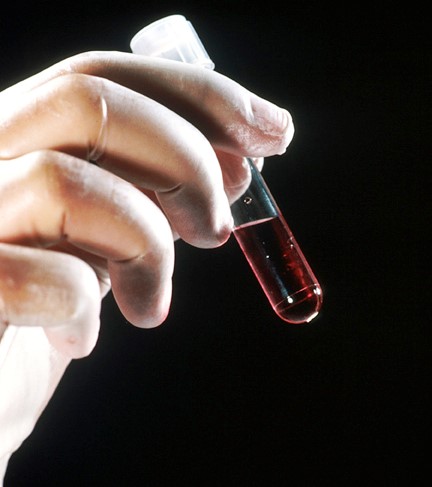Surgical Treatment for Infertility in Men: Varicocele Ligation, Vasectomy Reversal, Transurethral Resection of the Ejaculatory Duct, Sperm Retrieval and IVF/ICSI techniques
Surgery is an option to treat male Infertility and is sometimes required to treat conditions associated with infertility. Following are surgical treatments available to men for who are experiencing infertility problems that are preventing them from successfully conceiving a child with their partner.
Varicocele Ligation
Surgical ligation is one of the most common treatments for the treatment of male infertility and repairing the varicocele is a relatively simple surgical procedure. Usually done by a Urologist, a Varicocele Ligation begins with an incision being made in the skin above the scrotum, down to the testicular veins and then tied off with sutures. Patients can leave the hospital the same day but about 20 percent of surgical ligation patients have an overnight stay at the hospital. Recovery period for a surgical ligation is two to three weeks.
Vasectomy Reversal
Vasectomies are considered a permanent form of contraception however, advances in microsurgery have improved the success of vasectomy reversal procedures. A Vasectomy Reversal Surgery reconnects the male reproductive tract after a vasectomy. Vasovasostomy, also known as Vasectomy Reversal, is a procedure where the cut ends of the vas deferens are stitched back together in two layers. When the epididymis is inflamed or scarred and is blocking the sperm from reaching the vas deferens, a patient may need a Vasoepididymostomy. In this procedure, the surgeon will bypass the blockage and stitch the vas deferens to the epididymis in two layers.
Transurethral Resection of the Ejaculatory Duct
Transurethral Resection of the Ejaculatory Duct is a method to treat ejaculatory duct obstruction and this procedure may help couples who want to conceive naturally and avoid assisted reproductive technologies such as IVF/ICSI. This procedure is usually done on an outpatient basis. It is performed endoscopically by inserting instruments into the patient’s penis. Dye is injected into the seminal vesicle, the surgeon resets the duct, removes the obstruction, and reconnect. The dye will flow freely through the duct if the procedure is successful. The procedure removes the ejaculatory duct obstruction and opens the ejaculatory ducts which allows for the normal flow of ejaculate and improvement of semen parameters.
Sperm Retrieval and IVF/ICSI Techniques
There are several methods available for Sperm Retrieval also known as Sperm Extraction. Depending on the reasons why a patient does not have enough sperm in their ejaculate will determine the right method for them.. Once the patient meets with their doctor to discuss their fertility problems,the doctor will determine the best method based on the patients individual case.
Following are some of the most common methods available for Sperm Retrieval for In Vitro Fertilization (IVF) and Intracytoplasmic Sperm Injection (ICSI):
Percutaneous Epididymal Sperm Aspiration (PESA)
PESA requires a needle to be inserted into the epididymis and sperm is withdrawn. This procedure is used to find sperm when there is no sperm found in the male partners ejaculate. The procedure can be performed using a local anesthetic with a quick recovery time.
Testicular Sperm Extraction (TESE)
TESE is a surgical biopsy of the testis. The surgery is performed using a local anesthetic and a small cut is made in the scrotum where a small portion of the tissue is removed to extract a few viable sperm cells This method is usually used when there is evidence of an obstruction.
Microsurgical testicular sperm extraction (Micro-TESE)
Micro-TESE surgery is the opening of the outer cover of the testicle and examining the inside of the testis under an operating microscope. This procedure is performed in an operating room under local anesthesia. More of the testis is examined however, less testicular tissue is removed. Also this procedure causes less damage to the structure inside the testicle and causes fewer blood supply problems caused by tiny blood vessels being cut. This procedure appears to increase the number of sperm that can be retrieved.




